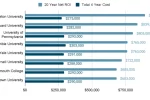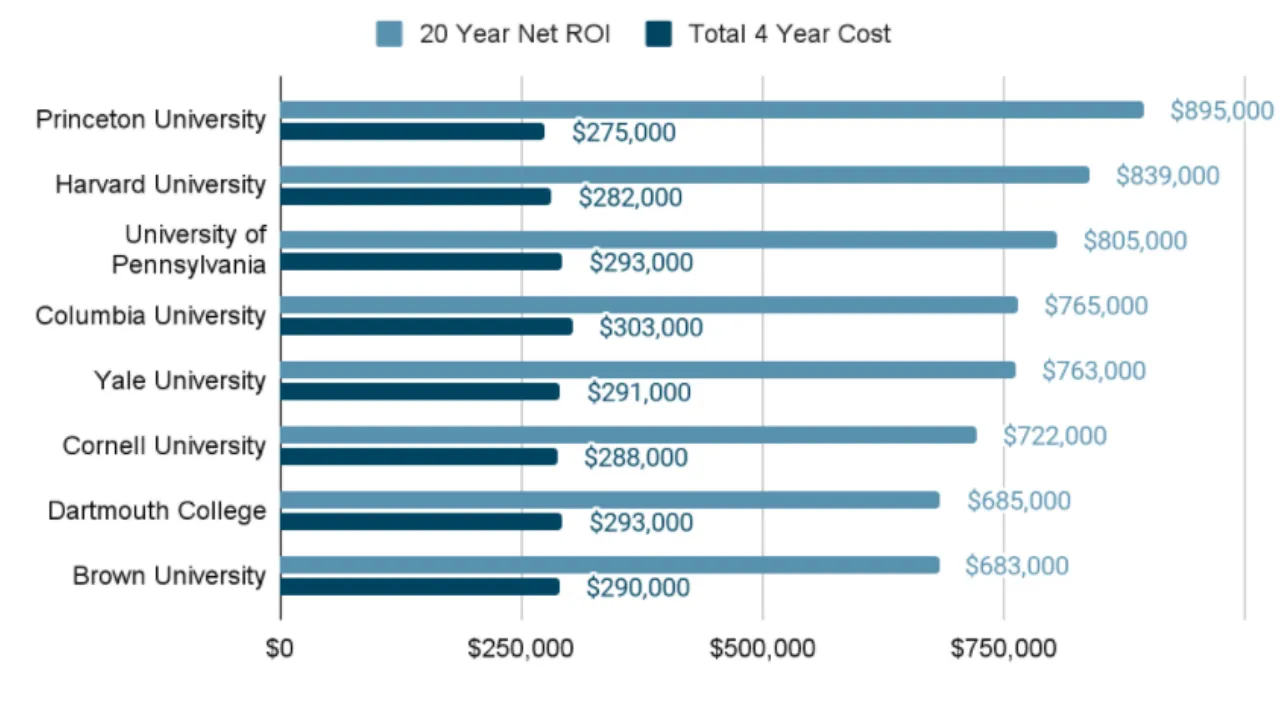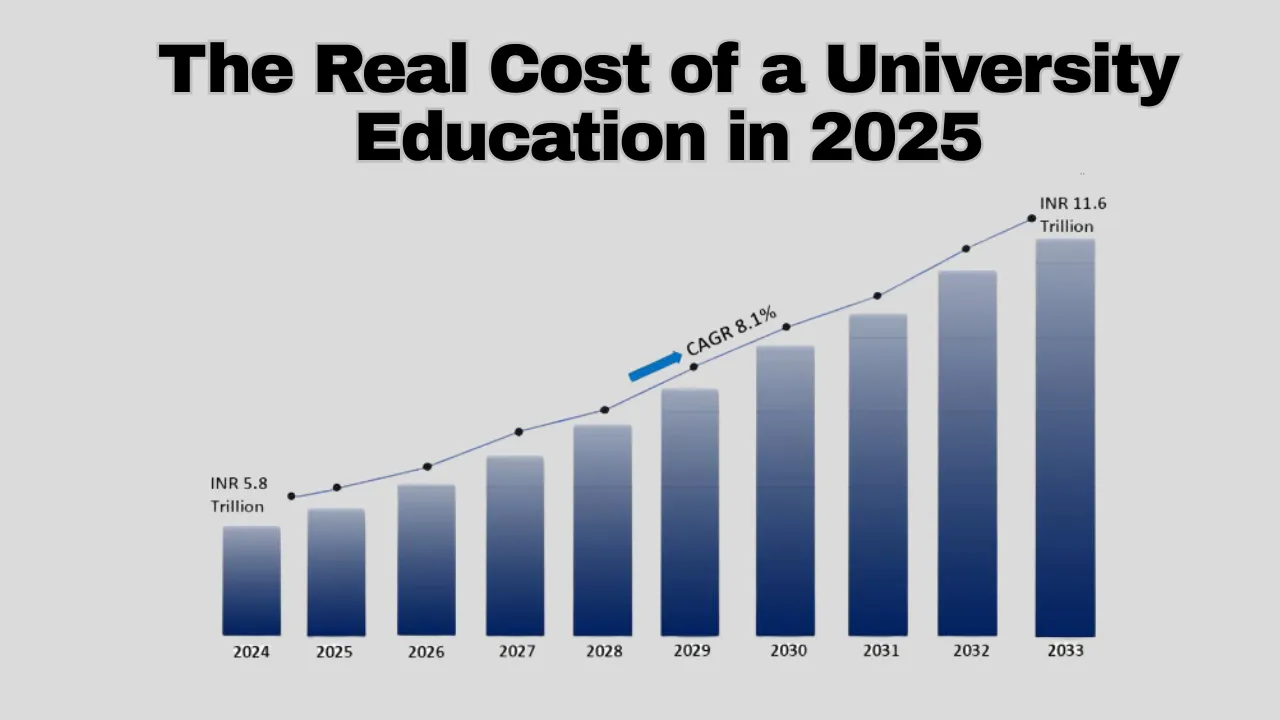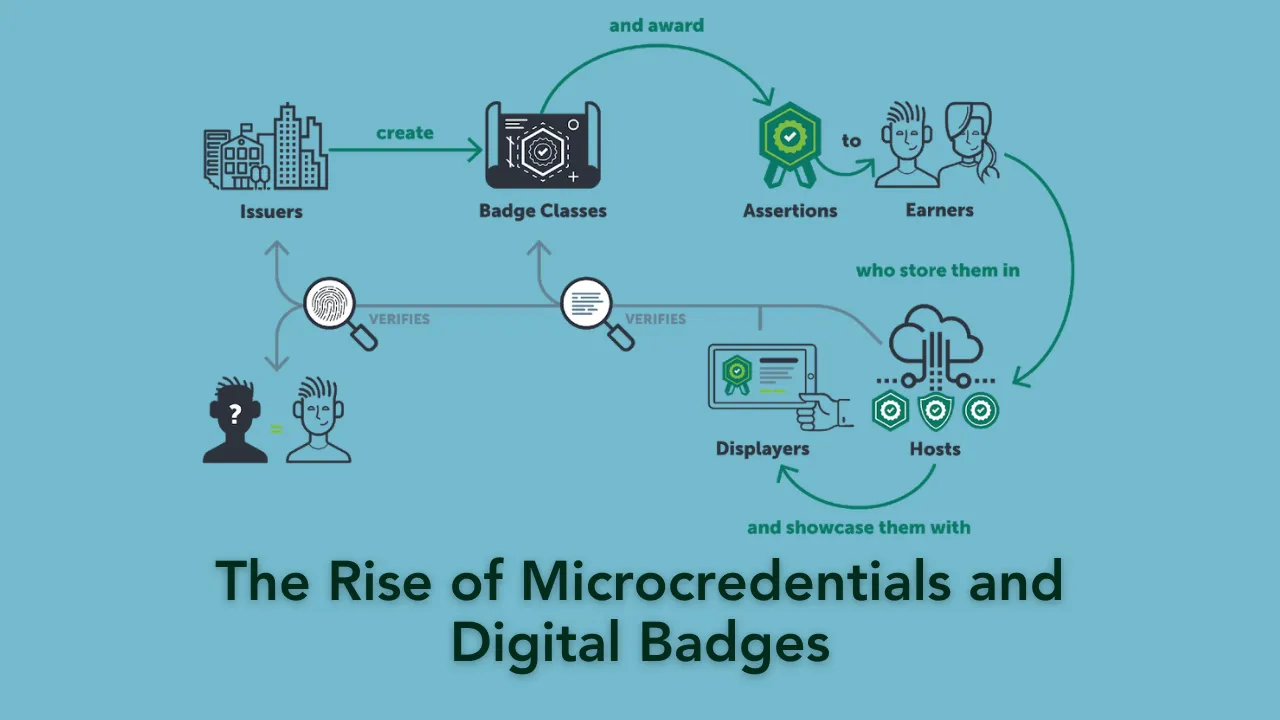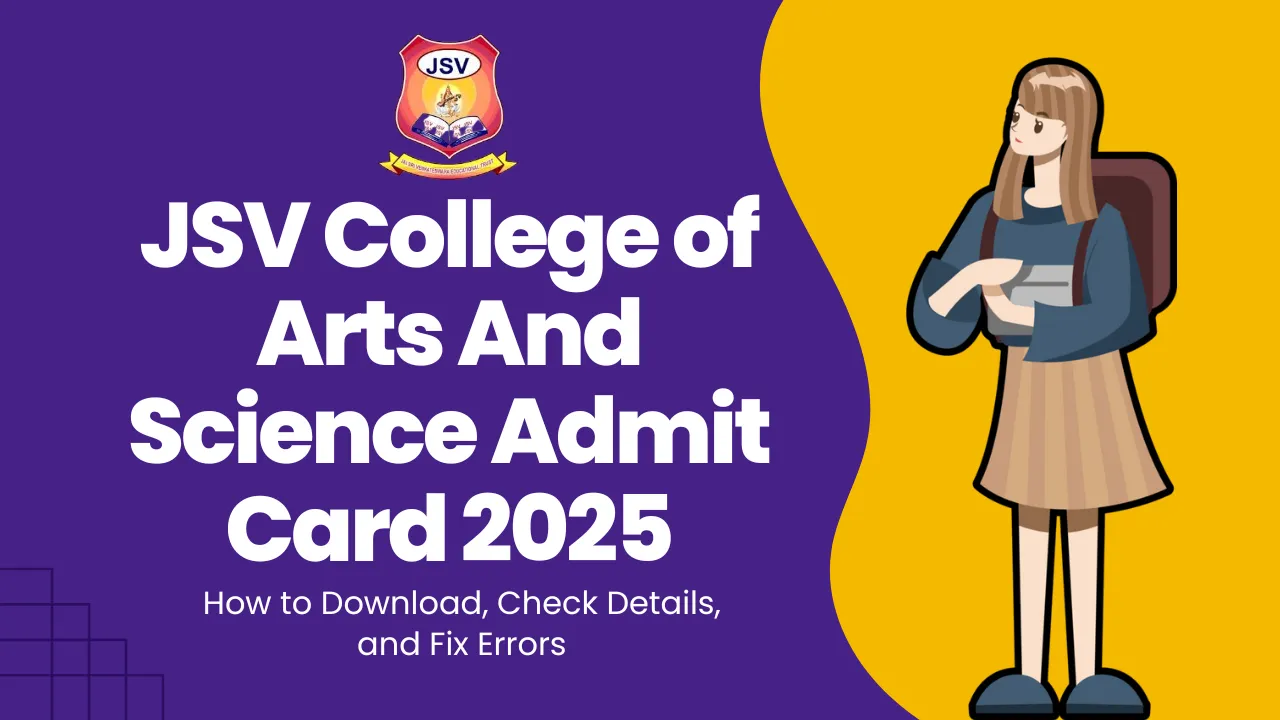Right University for Your Career Goals: Right University for Your Career Goals is a phrase that holds incredible importance for students stepping into higher education. Picking a university is more than choosing a place to study—it’s about shaping your future. The right decision can open doors to valuable opportunities, while the wrong one might set you back.
This article offers a complete guide on how to choose the right university for your career goals. We’ll explore key factors such as course quality, faculty expertise, campus resources, and job placement support. By the end, you’ll understand what matters most and how to align your university choice with your long-term success.
Understand Your Career Objectives
Before you start searching for universities, clearly define your career goals. Think about the industry you want to work in, the type of job you want, and the skills you’ll need to get there. Having a focused career path makes it easier to find a university that supports your ambitions.
For example, if you want to become a software engineer, look for universities with strong computer science programs, modern labs, and connections with tech companies. Knowing your end goal will help you filter options more efficiently.
Research Course Content and Curriculum
Not all universities offer the same quality of education in every field. Take time to look at the course details, curriculum structure, and specializations offered by different institutions. Make sure the program is updated and industry-relevant.
Focus on whether the university offers hands-on training, internships, or project-based learning. A strong curriculum is one of the most important steps in finding the right university for your career goals.
Evaluate Faculty and Teaching Style
Professors and instructors play a big role in your learning experience. Look at the qualifications, industry experience, and teaching methods of the faculty. Universities with experienced and research-active faculty often provide a richer academic environment.
Try to find reviews or testimonials from current or past students. Their feedback can help you understand if the teaching style suits your learning needs.
Consider Campus Facilities and Resources
To support your education and career growth, the university should offer strong resources. Look for facilities like libraries, labs, career centers, and skill-building workshops. These resources can help you gain both theoretical knowledge and practical skills.
Some universities also offer student mentorship programs, entrepreneurship hubs, and networking events that can play a vital role in shaping your career.
Check Job Placement Rates and Industry Ties
A good university doesn’t just teach you—it helps you get a job after graduation. Look for institutions that have high placement rates and strong relationships with companies in your field. Placement records, alumni success stories, and career support services are great indicators.
This aspect is especially important when selecting the right university for your career goals, as it directly connects your education with real-world opportunities.
Compare Location and Living Conditions
The location of a university can impact your lifestyle, expenses, and internship chances. Urban campuses may offer better networking and job opportunities, while rural settings might provide a quieter, focused environment.
Cost of living, availability of part-time work, safety, and social life should also be considered. Choose a location that matches your personal comfort and professional aspirations.
Two Major Factors to Focus On
1. Accreditation and Reputation
- Make sure the university is recognized and accredited by relevant education bodies.
- Check its rankings in your field of study to ensure quality education.
2. Financial Aid and Scholarships
- Compare tuition fees and available scholarships.
- Look into part-time work options or financial aid to support your studies.
Look into Alumni Network and Student Support
A strong alumni network can provide mentorship, internship referrals, and job opportunities. See if the university holds alumni events or encourages interaction between graduates and current students.
Also, check if the university offers counseling, career guidance, and academic support. These services can be extremely helpful during challenging times.
Visit the Campus or Attend Virtual Tours
If possible, visit the campus before applying. A campus visit helps you understand the atmosphere, ask questions in person, and see facilities first-hand. If travel isn’t possible, most universities now offer detailed virtual tours.
Use this chance to talk to faculty, staff, and students. Their insights will help you make a more informed decision about the right university for your career goals.
FAQs
Why is it important to align university choice with career goals?
It ensures the education you receive prepares you for the job market and helps you gain relevant skills for your chosen field.
How do I know if a course matches my career goals?
Check the course structure, subjects offered, and career outcomes of past graduates. Look for programs that include practical training or internships.
Is university ranking important?
While not the only factor, a higher-ranked university often has better faculty, resources, and job connections, especially in specific fields.
Can scholarships affect my decision?
Yes. Financial support can make education more affordable and reduce stress, allowing you to focus more on studies and career growth.
Should I consider international universities?
If you’re open to moving abroad, international universities can offer broader opportunities, exposure, and global networking.
Final Thought
Choosing the right university for your career goals is one of the biggest decisions you’ll make in life. It’s not just about academics—it’s about finding a place that will help you grow, learn, and prepare for a successful future. Take your time, do your research, and follow your passion. If you enjoyed this article, feel free to share or explore more of our educational guides to help shape your academic journey.


